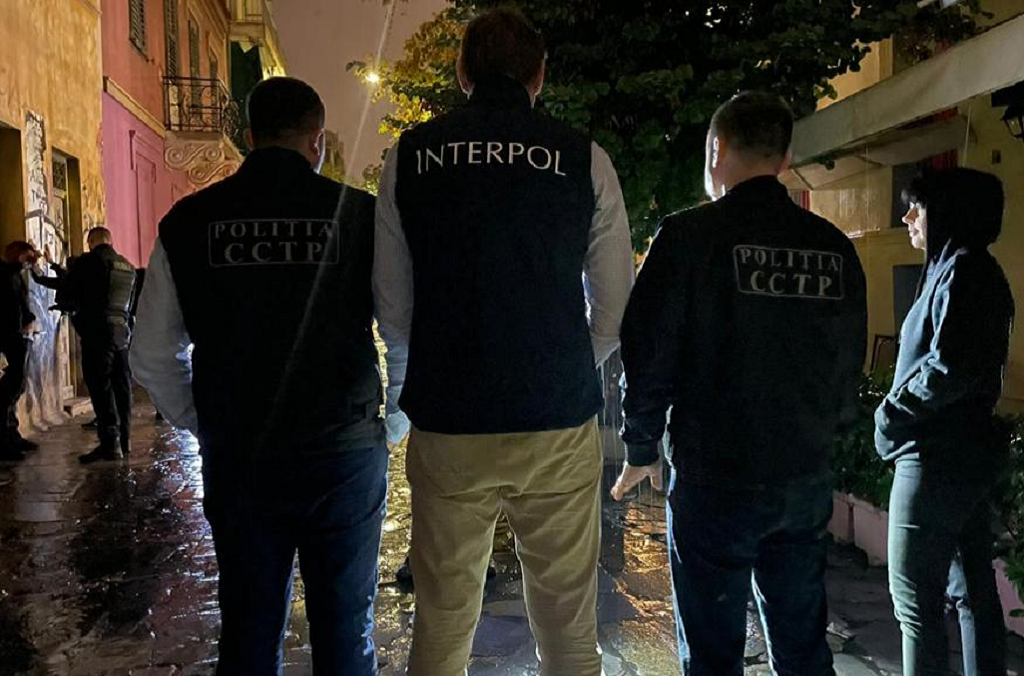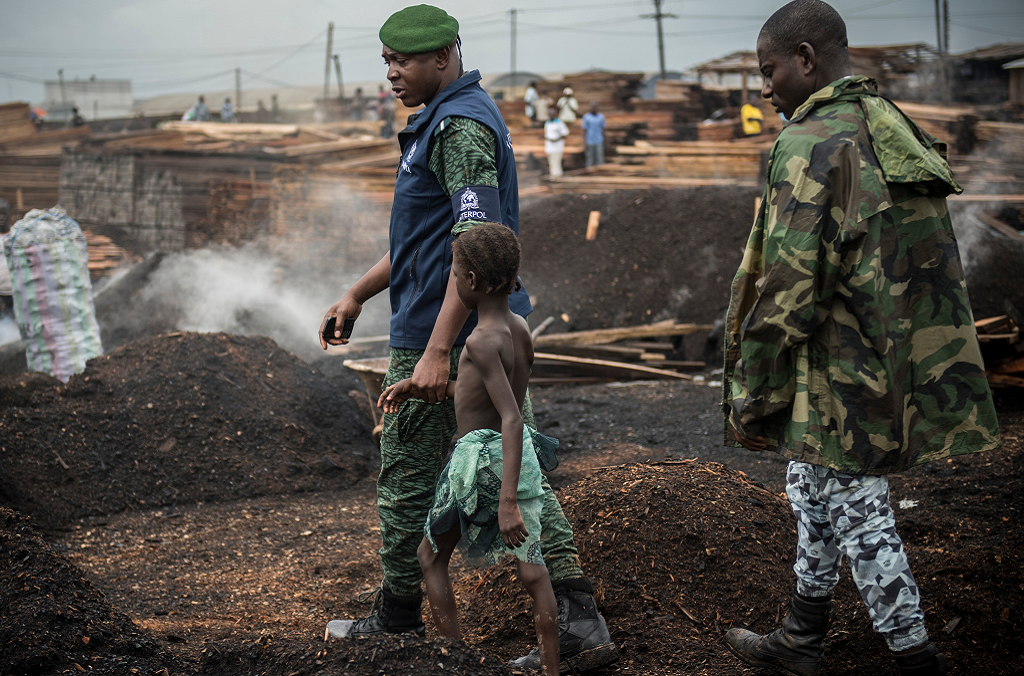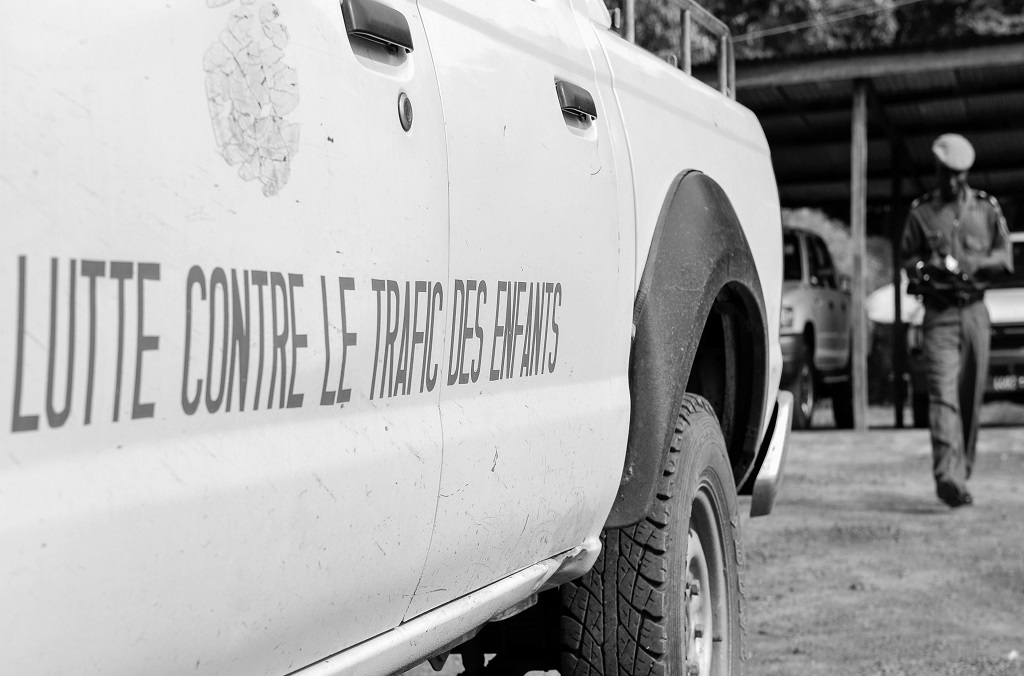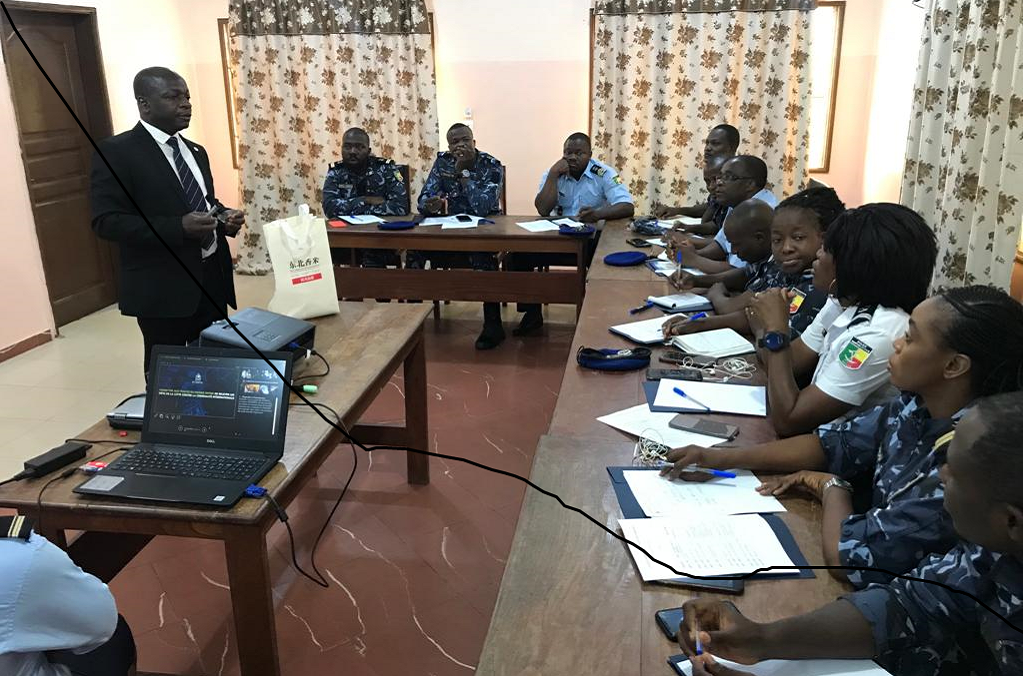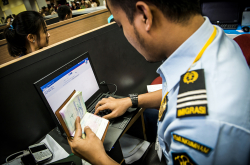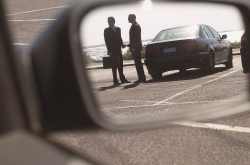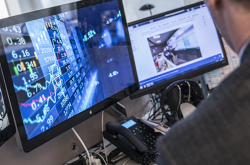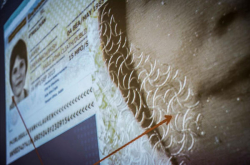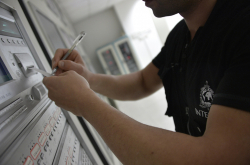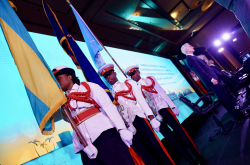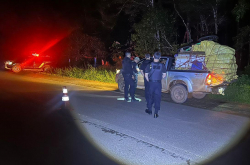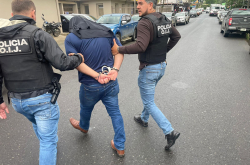Our response
We help law enforcement agencies around the world combat human trafficking and migrant smuggling through a variety of activities designed to increase their capacity to detect and investigate these crimes while protecting victims and vulnerable people.
Police cooperation and information exchange
- Facilitating information sharing through the use of our secure global communications system, i24/7;
- Promoting the use of INTERPOL’s notices and diffusions system to locate missing persons, track criminals and suspects or collect information;
- Providing access to our databases, especially those used to detect stolen, lost or fraudulent travel documents, and our forensic databases.
Criminal analysis
We assess current threats and trends and produce operational and strategic analysis reports to support law enforcement decision making in INTERPOL member countries.
The Odyssey Crime Analysis File is the basis for this work. This analysis file is a criminal intelligence database created for the collection of data from INTERPOL member countries and other sources to find links between different instances of crime.
See also: INTERPOL issues global warning on human trafficking-fueled fraud
Transnational operations
We help member countries dismantle the criminal networks behind human trafficking and migrant smuggling through investigative support and global operations.
Operations are preceded by training workshops to ensure that officers have the necessary skills to detect cases of human trafficking and migrant smuggling. Operations often have a regional focus such as Turquesa across the Americas, WEKA in Africa, Storm Makers in Asia or cover multiple continents such as Liberterra. Between them, these operations identify hundreds of criminals and detect thousands of victims every year.
See also: Disruption of transnational migrant smuggling network leads to 62 arrests
Development of law enforcement capacity
We work to increase the knowledge and skillsets of law enforcement officers to detect, prevent and investigate crimes as well as safeguard victims and migrants in vulnerable situations. This is done through national and regional needs assessments and the design and delivery of training courses.
Coordination of law enforcement specialized networks
Two specialized networks, comprised of experts from a variety of law enforcement agencies, provide advice and support to INTERPOL’s activities, facilitating the exchange of best practices and intelligence:
- INTERPOL’s Human Trafficking Expert Group (HTEG)
- INTERPOL's Specialized Operational Network (ISON) against Migrant Smuggling




